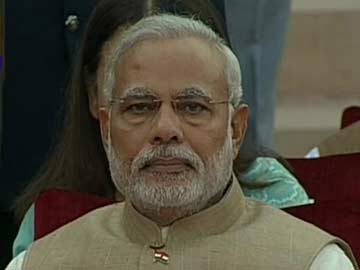
India urged China to respect its river rights following a media report that Beijing plans to build new hydroelectric plants on a waterway that the neighbours share.
New Delhi has taken an unusually sharp stand against China’s unilateral moves to dam the Brahmaputra, saying it has “established user rights” to the river.
Asserting itself for the first time, India has asked China “to ensure that the interests of downstream states are not harmed by any activities in upstream areas”.
In its new blueprint for the energy sector for 2011-2015 , China announced it would build three hydropower bases on the Yarlung Tsangpo river, at Dagu, Jiacha and Jiexu. A hydropower station at Zangmu is already under construction . The announcement earlier this week was not preceded by any consultation or sharing of information with New Delhi.
“The government of India carefully monitors all developments on the Brahmaputra river,” foreign ministry spokesman Syed Akbaruddin told a news conference on Thursday. “India urges China to ensure that the interests of downstream states are not harmed by any activities in upstream areas.”
A Chinese government document posted on the State Council’s website last week states that China will “comprehensively promote hydropower base construction” on a number of rivers including the “middle reaches of the Yarlung Zangbo river”.
AFP was unable to confirm the report that three new projects were being planned.
While the projects are said to be “run-of-the river” — meaning they do not require large storage reservoirs or cause major disruption to the flow — any new construction would alarm New Delhi.
India remains nervous about the danger of its giant northern neighbour diverting or disrupting rivers that originate in Tibet.
China began building a run-of-the-river dam on the Yarlung Tsangpo in 2010 that is set to have six 85-megawatt power-generating units aimed at curbing power shortages in Tibet, according to Chinese reports.
It has been the subject of frequent talks between the two governments.
The 1,800-mile (2,900 kilometre) Yarlung Tsangpo/Brahmaputra river originates in the Himalayas, then descends onto the plains of India’s northeast and ends in the Bay of Bengal after its confluence with the river Ganges.
Along the way, it supplies water to hundreds of millions of farmers and residents.
Although 2012 was officially the “India-China year of Friendship and Cooperation,” relations between the world’s most populous countries remain prickly.
The two Asian giants have an unresolved border dispute that was the cause of a brief war in 1962.
Source: The Daily Star










I hope India now appreciates how other downstream countries (like Bangladesh) feels when their rights to water is not respected. Should be interesting to see how things unfold on this issue.
The Joint River Commission must act now and take it up with India